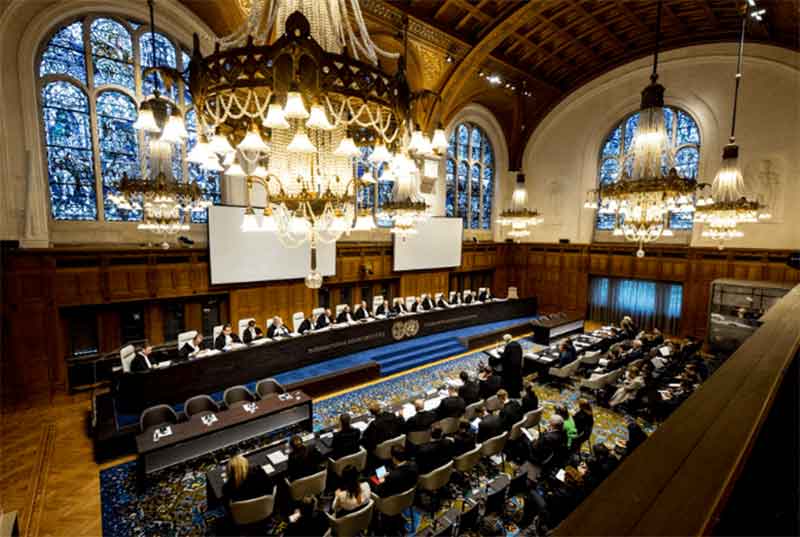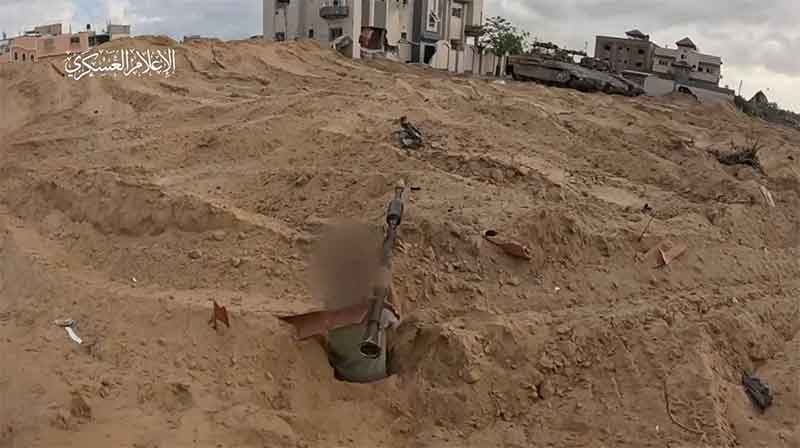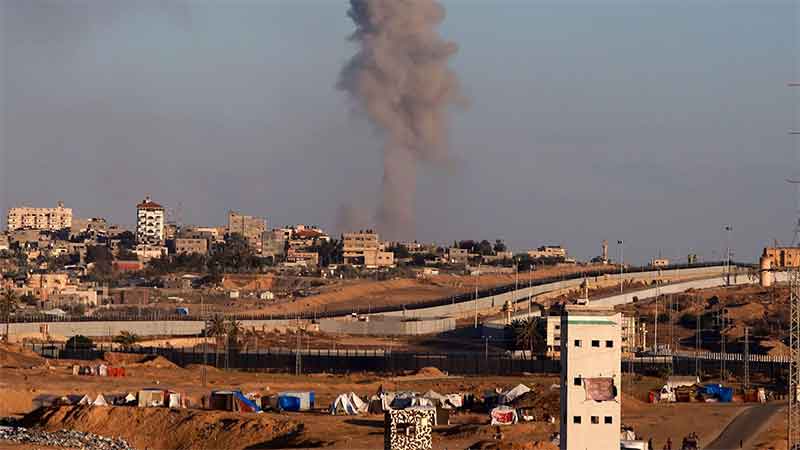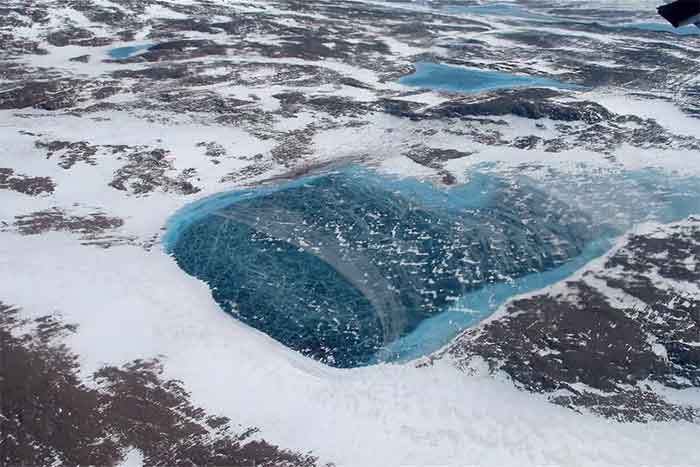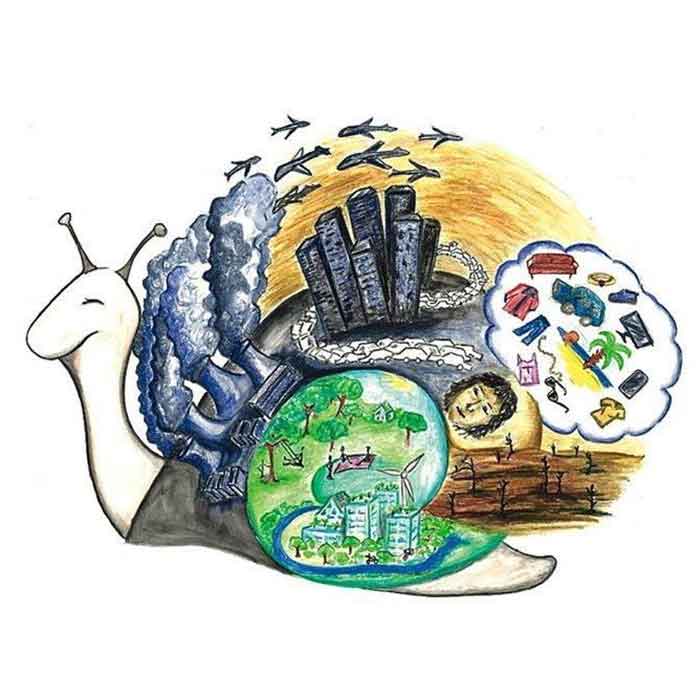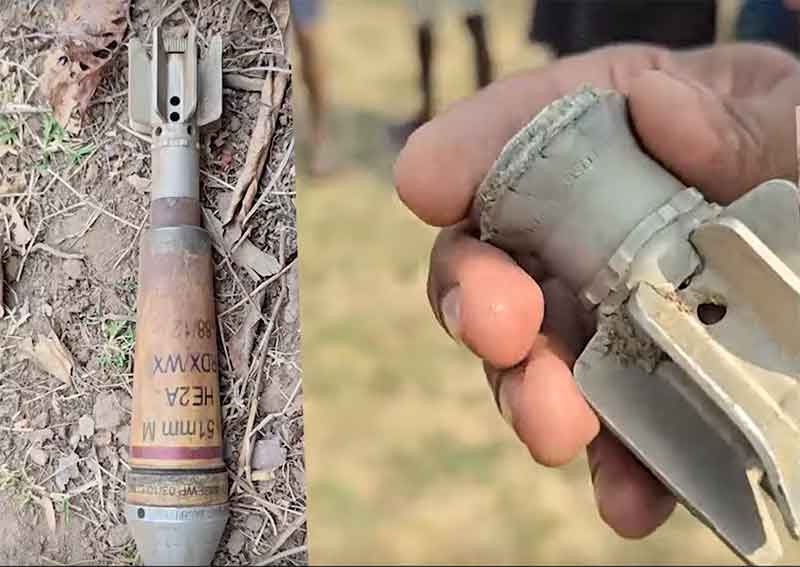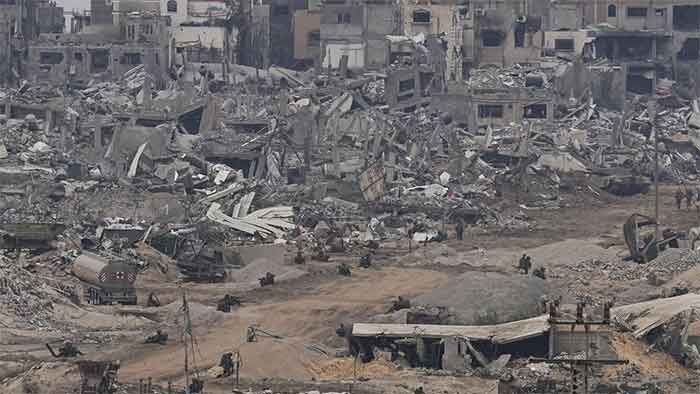
Several experienced observers have said that recent aggressive actions of Israel may lead to turning Gaza, or substantial parts of it, almost into an area which is, to a substantial extent, uninhabitable in the sense of basic living conditions no longer existing here. UN emergency relief coordinator Martin Griffith recently stated, “Gaza has simply become inhabitable. The people are witnessing daily threats to their very existence—while the world watches on.”
In fact even in some UN/UNCTAD documents going back to almost a decade, one can read references to Gaza being made uninhabitable, but this was more in the context of too many restrictions being imposed on the daily life of people, leading to Gaza also being called the biggest ‘open air jail’ in the world.
In more recent times, the word ‘uninhabitable’ has taken an even more worrying meaning, due to the terrible harm inflicted also on basic life-giving conditions relating to air, water and soil.
As is widely known, in times of a worldwide survival crisis caused by climate change and several other factors, basic life-nurturing conditions are anyway threatened over a somewhat longer period. So it is all the more deeply regrettable that extreme aggressiveness has been used to add to these existing threats by inflicting many-sided further harm on life-nurturing conditions so that a region like Gaza, already experiencing so much human distress, becomes more and more uninhabitable within a few weeks.
Gaza has seen one of the heaviest bombings ever, with over 50% of the structures destroyed or damaged, including houses, hospitals, schools and essential infrastructure related structures. While this itself makes the region highly uninhabitable in terms of basic needs not being met, in addition such massive bombing and collapse and damage of buildings resulting from this have released massive amounts of dust which is polluted in addition with various explosives. In fact white phosphorus with all its terrible health and injury impacts has been used even in urban areas or dense settlements, according to reports. Hence air conditions are likely to remain very unhealthy for a considerable time due to this, as well as winds continuing to blow more and more polluted dust from fallen buildings and debris.
Water pollution has also been a serious issue in Gaza for a considerable time. However what is new is that saline sea water is being withdrawn on a big scale to flood the tunnels reportedly used by the Hamas. The saline water is also polluted and harmful in other ways. It can harm soil, fresh water sources and buildings. This will pollute water sources further, and in addition the salt build-up is likely to become an additional reason for the increasing damage to buildings and their possible collapse over a period of time.
The damage caused to essential infrastructure needed to ensure supply of clean water and functioning of sanitation facilities has been extensive. When essential sanitation facilities do not exist or have been destroyed or disrupted, then this itself becomes an important cause of water pollution, all the more so in more densely populated areas.
Thus while the possibility of disease increases due to breakdown of water and sanitation, at the same time hospitals have been destroyed or made non-functional or are functioning at much below their capacity.
The disruption of already precarious electricity generation and supply facilities is another serious problem, which also accentuates other problems of daily life.
People need reasonably satisfactory livelihoods but the base of sustainable livelihoods has been destroyed in several significant ways including the destruction of orchards of olives and other trees, increasing difficulties in cultivating and harvesting
in recent times and this becoming impossible more recently (as the harvesting times almost coincided with the mass displacement of people), increasing difficulties in fishing, increasing pollution of sea-water, too many restrictions placed on people, difficulties in migrating and returning. Resourcing for meeting the needs of people could have been found on the basis of even restricted use of gas and oil resources and a fair sharing of this, but the people of Gaza have also been deprived of this. Due to very limited entry points and trade, it is difficult to bring in even essential food products and medicines. Already perhaps the worst hunger and starvation conditions exist in Gaza, with most people being deprived of essential food and even clean drinking water needs to a shocking extent.
These shocking facts of Gaza being turned increasingly into an uninhabitable region raise serious questions about the motives of Israeli extreme aggression, particularly as several Israeli newspapers have also published reports about efforts being made to send several people of Gaza to distant areas like the Congo as part of a program of ‘voluntary displacement’. In any case, already a substantial number of people are forced to live away from their homes in a smaller concentrated area closer to the Egypt border in temporary shelters and camps.
All this is deeply worrying, and this aggressive trend to turn an entire region uninhabitable should be widely opposed. In addition efforts should be initiated for bringing immediate peace, initiating an adequate and rehabilitation effort as well as equitable sharing of gas and natural resources of the region to strengthen the sustainable livelihood base in Gaza.
Bharat Dogra is Honorary Convener, Campaign to Save Earth Now. His recent books include Planet in Peril, Protecting Earth for Children, Earth without Borders and A Day in 2071.


